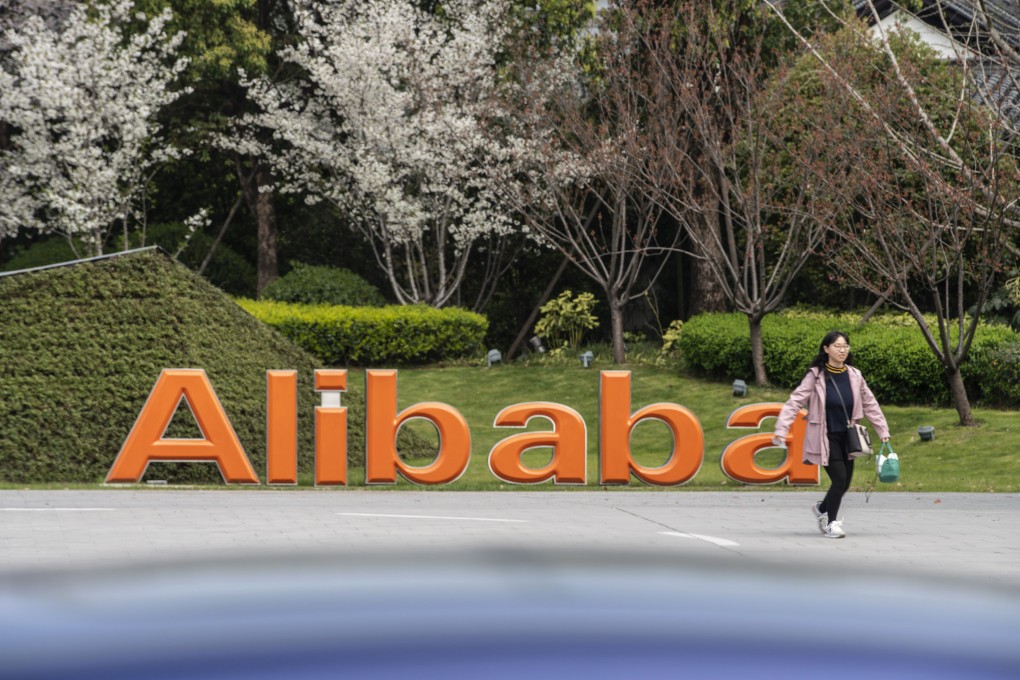Alibaba’s sustainability bonds fund green power, Covid-19 relief projects in China
- The largest portion of the proceeds were dedicated to energy-efficient data centres
- The e-commerce giant pledged to cut 1.5 gigatons of carbon emissions by 2035

Chinese e-commerce giant Alibaba Group Holding has allocated net proceeds of US$986.9 million from its inaugural sustainability bonds to 12 projects.
The bonds, issued last February, were used to fund initiatives in five environmental, social, and governance areas, including energy efficiency, green buildings, Covid-19 crisis response, renewable energy, and “circular economy and design” – a business strategy centring on reuse and recycling – the company announced on the first anniversary of this pioneering initiative in China’s tech sector.
Alibaba, owner of the South China Morning Post, distributed the largest portion of the proceeds – 45.7 per cent, or US$451 million – to the construction of energy-efficient data centres that apply hot air recycling, waste water recovery, and recycling systems to reduce energy consumption and absorb heat generated by critical hardware.
One of these data centres, located in Zhangbei county in the northern province of Hebei, consumed around 30,000 megawatt hours of renewable energy during last November’s Singles’ Day shopping festival, reducing 26,000 tons of carbon dioxide emissions, the company said.
Around 35.7 per cent of the bond proceeds were spent on building and refurbishing green buildings, while the rest were used for Covid-19 relief efforts, the purchases of solar and wind power, and recycling and waste management programmes.
Alibaba has promised to achieve carbon neutrality by 2030. The Hangzhou-based firm said it has been working with merchants and consumers across its platforms to cut 1.5 gigatons of carbon emissions by 2035.